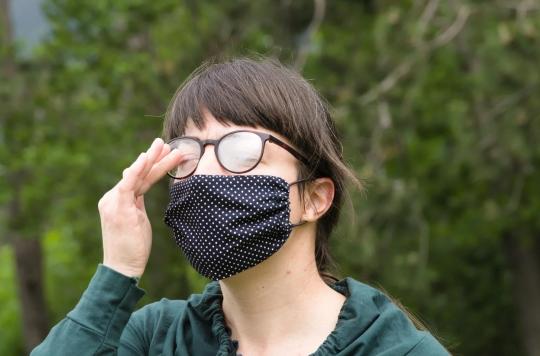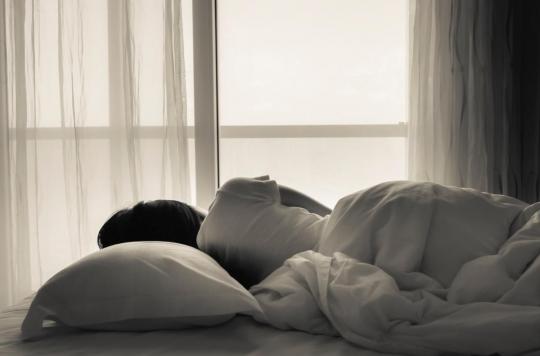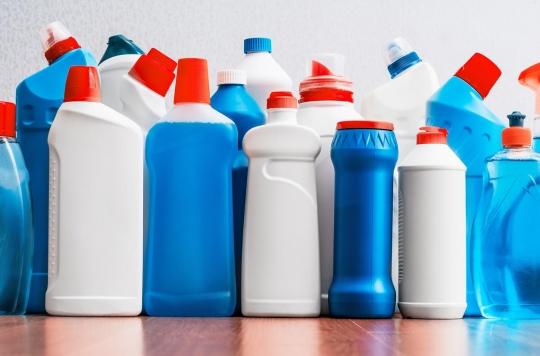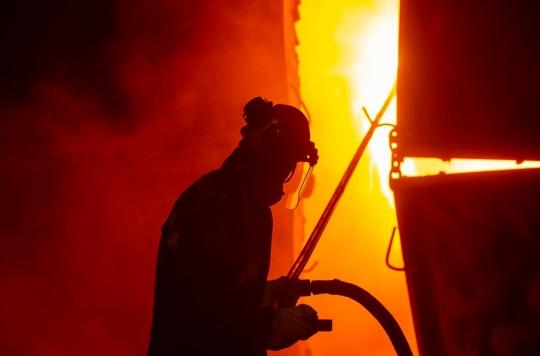The Organization for the Prohibition of Chemical Weapons (OPCW) confirms that sarin gas was used during the attack on Khan Sheikhoun in Syria.

In the eyes of the Organization for the Prohibition of Chemical Weapons (OPCW), that leaves no doubt. It is indeed sarin gas that was used during the attack on Khan Cheikhoun (Syria) on April 4. In this rebellion-controlled city, the bombing left 87 dead and 557 injured. The use of sarin is “irrefutable” according to the analyzes carried out by the Organization.
A devastating weapon
The OPCW relies on the collection of testimony and the autopsy of three victims. A more comprehensive report is forthcoming, but the preliminary results are clear. Exposure to sarin gas, or a derivative thereof, is evident. This nerve agent is 500 times more toxic than cyanide. The weapon is powerful and devastating: a simple contact with the skin blocks the transmission of the nerve impulses and causes death by cardio-respiratory arrest. Its inhalation is also fatal.
According to the Minister of Foreign Affairs, Jean-Marc Ayrault, France should, for its part, provide “proof that the Syrian regime has well organized the chemical strike”. It was on the basis of these suspicions that the US government ordered a strike on a military base.
Three attacks since 2015
However, the Syrian regime was supposed to have destroyed its stockpiles of chemical weapons in 2013. On that date, it joined the OPCW – after using sarin gas in the suburbs of Damascus. But the international scene quickly raised doubts about the reality of disarmament. The UN has attributed three attacks to chlorine since 2015. The Islamic State organization is said to have organized a mustard gas attack.
Professor Raphaël Pitti, a specialist in emergency medicine, has carried out around twenty missions in Syria, with the population exposed to daily violence. Back home, he confirms the use of neurotoxic products. “We could see very clearly the symptoms specific to intoxication by an organophosphate, a neurotoxicant,” he explains on the set of the Guest Health.
Watch the program L’Invité Santé by Pourquoidocteur
with Pr Raphaël Pitti (doctor-anesthetist in Metz)
aired on April 20:
.















